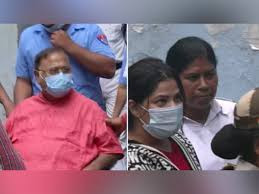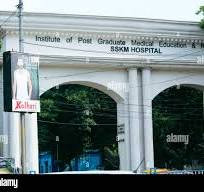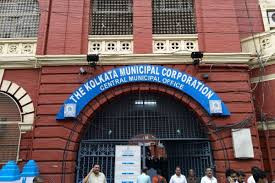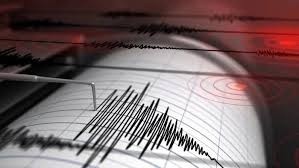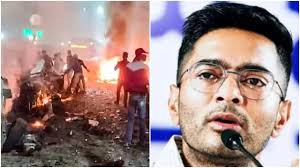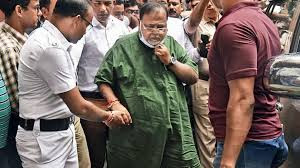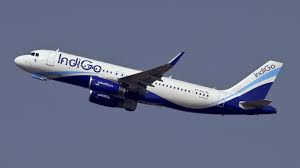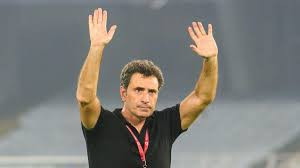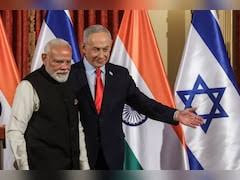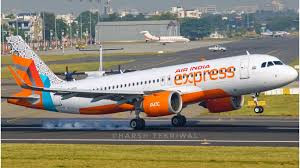“Mayor Hakim Steps In to Resolve Barrackpore Metro Gridlock Over Water Line Relocation”
IIE DIGITAL DESK : Kolkata Mayor Firhad Hakim will preside over a crucial meeting aimed at resolving the standstill in the Barrackpore Metro project caused by the relocation of major water transmission lines. The development comes after weeks of legal and logistical delays that have stalled progress on the elevated metro structure.
The impasse centers on five separate water transmission lines that traverse the proposed metro corridor. According to a Kolkata Municipal Corporation (KMC) official, at least three of these lines must be moved before metro foundations can be laid, or otherwise construction risks disrupting municipal water supply.
Mayor Hakim’s direct involvement signals the seriousness of the issue. With construction contractors unable to begin piling due to these underground encumbrances, the project has reached a critical juncture. Sources indicate the meeting will involve officials from KMC’s water department, the metro rail corporation, contractors, and relevant state authorities. The primary agenda: establishing a firm timeline and action plan for the phased shifting of each impacted water line.
Over recent weeks the downtime has frustrated commuters anticipating improved connectivity in the northern suburbs, and prompted concern among city planners. As the water lines lie buried beneath both main roads and residential zones, engineers are tasked with devising a relocation strategy that maintains uninterrupted water service to surrounding communities. Temporary bypass systems, night-time trenching, and close coordination with the metro crew are all on the table.
Beyond resolving this logistical knot, Mayor Hakim is expected to address broader coordination between civic bodies and the metro authorities. The goal is not only to accelerate this segment in Barrackpore but also to ensure future metro expansions are protected from similar infrastructural clashes.
The stakes are high: delays could undermine the metro's pledge to improve transit for millions, erode public confidence in execution, and drive up project costs. By bringing all stakeholders to the table, Hakim appears intent on breaking the deadlock and transforming occasion into momentum.
As the city awaits outcomes from the sit-down, added scrutiny is resting on the timeline for lifting legal and administrative hurdles. For the residents of Barrackpore and adjoining areas, finalizing water line relocation is a prerequisite to seeing metro pillars and tracks take shape.
Mayor Hakim’s leadership in this mission demonstrates the political weight Kolkata is placing on its metro ambitions. The meeting is slated for later today, with anticipations high that a clear path forward will be defined—potentially unlocking a chestnut of civic infrastructure concerns in the process.
If successful, the water line relocation could resume barring the final piece in the metro’s puzzle, allowing for a seamless rollout of metro expansion into the northern suburbs—an overdue boon to urban mobility.
You might also like!



